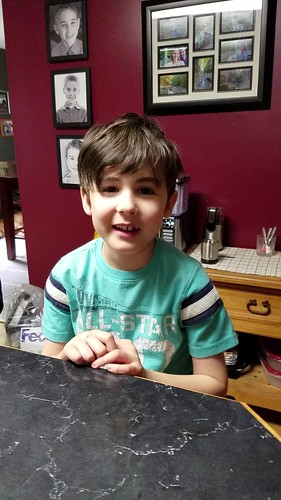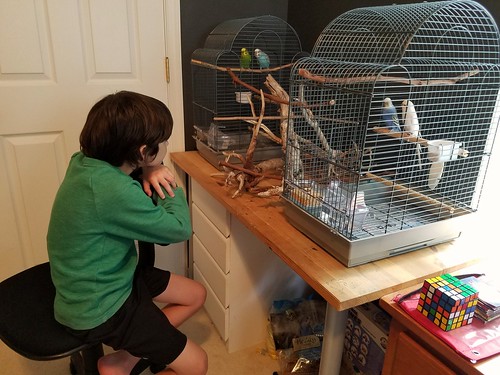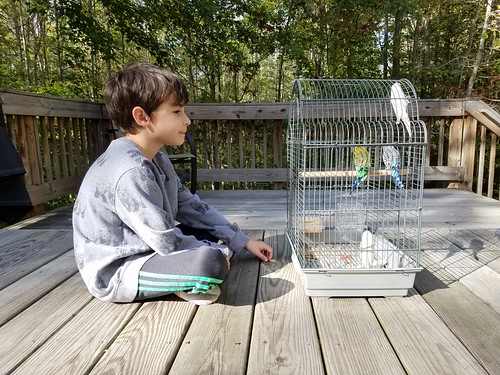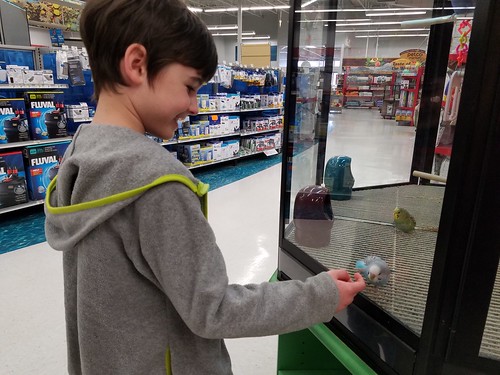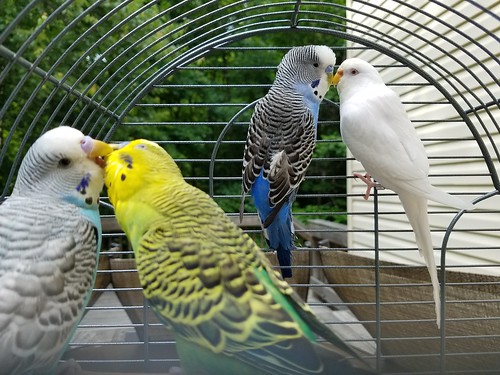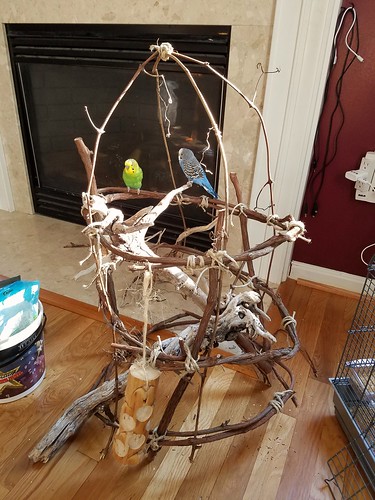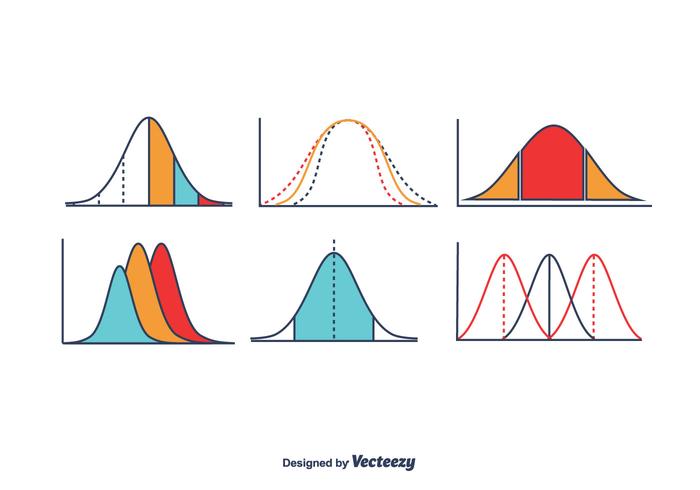Job burnout symptoms
Ask yourself:
- Have you become cynical or critical at work?
- Do you drag yourself to work and have trouble getting started?
- Have you become irritable or impatient with co-workers, customers or clients?
- Do you lack the energy to be consistently productive?
- Do you find it hard to concentrate?
- Do you lack satisfaction from your achievements?
- Do you feel disillusioned about your job?
- Are you using food, drugs or alcohol to feel better or to simply not feel?
- Have your sleep habits changed?
- Are you troubled by unexplained headaches, stomach or bowel problems, or other physical complaints?
If you answered yes to any of these questions, you might be experiencing job burnout. Consider talking to a doctor or a mental health provider because these symptoms can also be related to health conditions, such as depression.
Job burnout risk factors
You might be more likely to experience job burnout if:
- You identify so strongly with work that you lack balance between your work life and your personal life
- You have a high workload, including overtime work
- You try to be everything to everyone
- You work in a helping profession, such as health care
- You feel you have little or no control over your work
- Your job is monotonous
Consequences of job burnout
Ignored or unaddressed job burnout can have significant consequences, including:
- Excessive stress
- Fatigue
- Insomnia
- Sadness, anger or irritability
- Alcohol or substance misuse
- Heart disease
- High blood pressure
- Type 2 diabetes
- Vulnerability to illnesses
Think back to your own childhood and your own school experience. Read these possible causes of job burnout and ask yourself if your experience with school felt this way.
- Lack of control. An inability to influence decisions that affect your job — such as your schedule, assignments or workload — could lead to job burnout. So could a lack of the resources you need to do your work.
- Unclear job expectations. If you're unclear about the degree of authority you have or what your supervisor or others expect from you, you're not likely to feel comfortable at work.
- Dysfunctional workplace dynamics. Perhaps you work with an office bully, or you feel undermined by colleagues or your boss micromanages your work. This can contribute to job stress.
- Extremes of activity. When a job is monotonous or chaotic, you need constant energy to remain focused — which can lead to fatigue and job burnout.
- Lack of social support. If you feel isolated at work and in your personal life, you might feel more stressed.
- Work-life imbalance. If your work takes up so much of your time and effort that you don't have the energy to spend time with your family and friends, you might burn out quickly.
I felt every one of these, and what's worse, I never felt like telling any adult was an option for dealing with it, since every adult in my life was responsible for creating the environment in the first place. I am still hearing new stories about my kids old schools that shock the hell out of me... drunk substitute teachers, physical abuse, entire class periods sitting in darkness and silence because someone spoke, hiding during lunch and recess to avoid people, spending entire days never saying a word to anyone. They never told me when it happened. Why? Because it was something that was normal and acceptable in that environment. Being told over and over again that you don't know what's best for yourself leads to some pretty intense feelings of inadequacy as an adult. How can we advocate for ourselves if we were taught that others' expectations of us matter more than our own feelings and wants? I don't think this is perpetrated intentionally to harm children, I just think we haven't truly considered why we do it this way and how it's affecting us because we've been doing it for so long.
Some people are fine with schooling and can thrive in that environment, but not all of us. I think it's an incredibly dangerous practice that leads to continued mental health crises to force children into environments that are stressful to them because we think we know what's best. Schools systems try to push the burden onto the child's home-life, but children aren't home nearly as much as they're at school. This is not a sufficient solution. They are still being subjected to the detrimental environment all day, every day... exactly like a job... oh and let's add homework too! Our current compulsory school model doesn't fit into the recommendations for good mental health.
"Children need to have a good mental health status if they are going to live up to their full potential and truly live a life that is filled with positive experiences and the willingness to do what is best for themselves and the people around them.
There are a myriad of factors that can impact a child's mental health status, both positively and negatively. Providing children with an environment that demonstrates love, compassion, trust, and understanding will greatly impact a child so that they can build on these stepping stones to have a productive lifestyle. Many children do not receive that type of lifestyle though. Some children have to deal with a childhood that is filled with angst, resentment, hatred, distrust, and constant negativity. " (kidsmentalhealth.org)
If school is not providing that type of environment, quit. If children are in an environment that elicits feelings of stress or depression, what happens? Are we telling them this is "just how it is" and teaching them to expect misery, expect that they will not be allowed to exercise autonomy or control over their own lives until they are 18? Have we told them how they should feel rather than letting them tell us how they actually feel, and listening? We model to them that they are never good at making decisions for themselves: deciding what is important for them to learn, to wear, to do with their free time, to watch, to say. At no point do we grant children the opportunity to say no to schooling. It is mandatory, expected, required... no matter how it makes them feel. Our personal feelings become even less important in a group situation where everyone seems to be dealing. After 13 years of this environment, no wonder we're such pros at dealing with abuse, even in the worst of circumstances.Some mental health issues don't require interventions, but disruptions. We may not need to add medications and therapy, but simply remove them from the stressful environment entirely. Let them quit the job they hate and find something that they love. Let's model better mental health in practice, not just in required assemblies about suicide and bullying. Remember, our children aren't less-than-people, they're people and they deserve respect and consideration. How would we advise a best friend who is miserable in a relationship or a job? Why are children not worthy of the same levels or respect and consideration? We must model the actions we want them to take!

